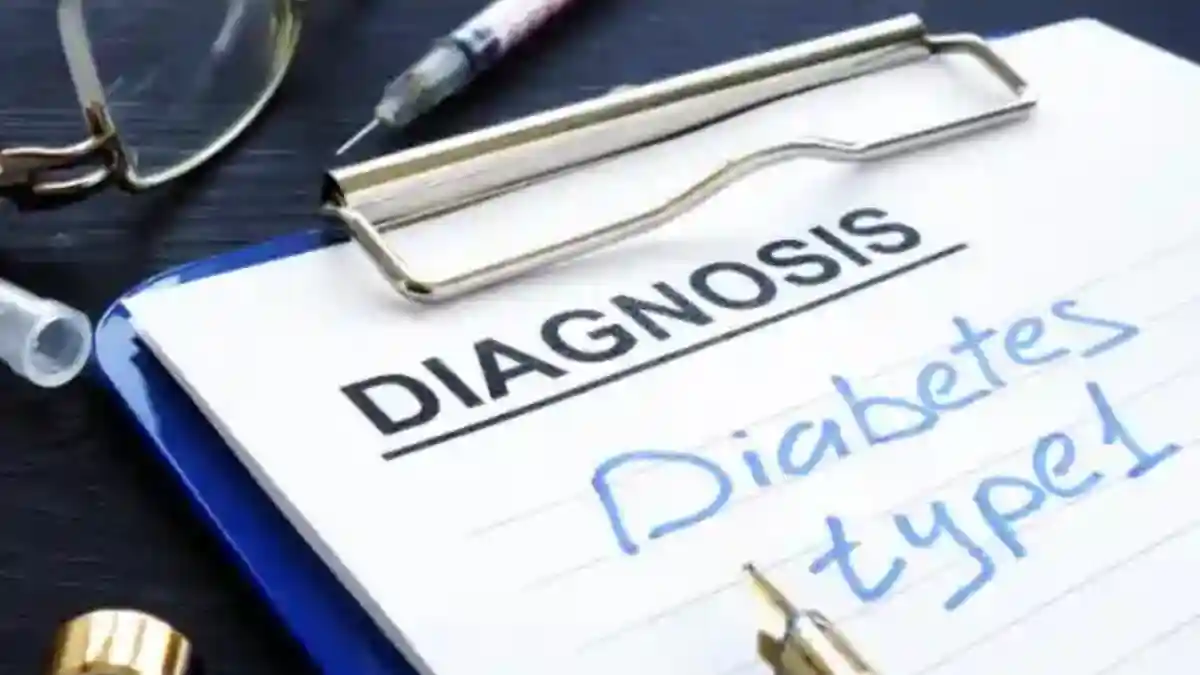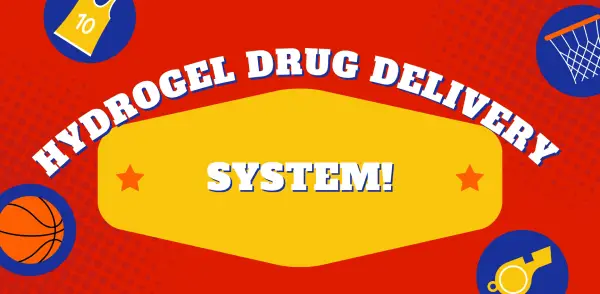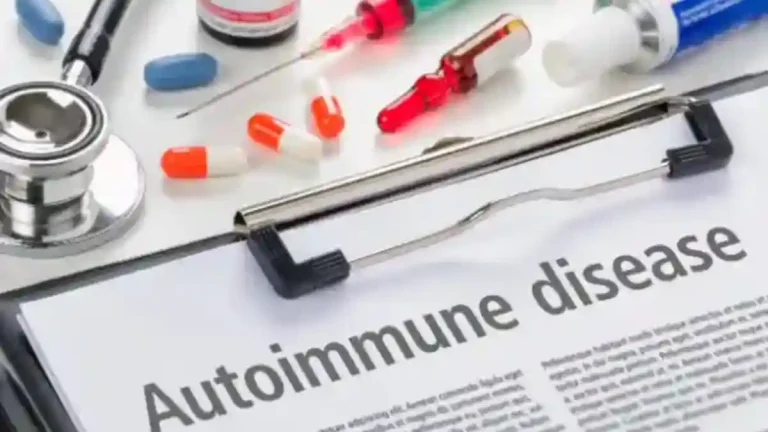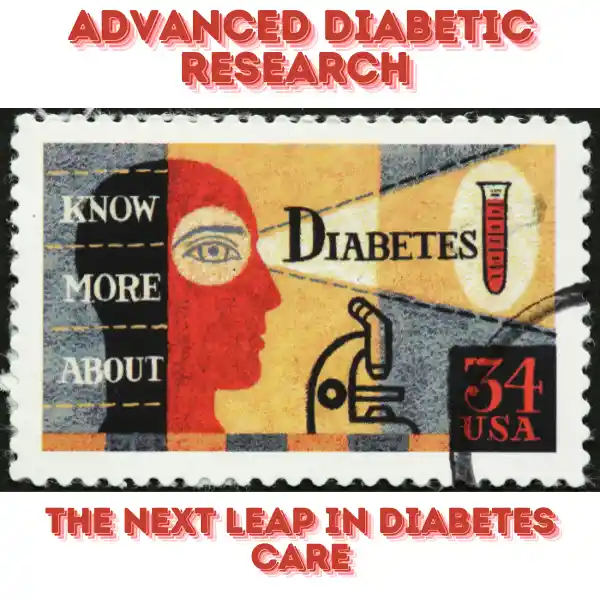TYPE 1 DIABETES PREVENTION
Tzield: A Breakthrough in Stage 3 Type 1 Diabetes Prevention at an Early Stage
T1D, a chronic condition resulting from the immune system’s attack on insulin-producing beta cells in the pancreas, has long been a source of concern for children and adults alike. This autoimmune disease leads to high glucose levels, requiring lifelong insulin injections.

However, a groundbreaking development has emerged that could dramatically change the trajectory of this disease—Tzield, the first FDA-approved drug capable of delaying the onset of stage 3 Type 1 diabetes with a simple 14-day treatment.
Treatment for Type 1 Diabetes Prevention:
The drug, approved by the FDA on November 17, 2022, is an injectable drug that delays the onset of type 1 diabetes in adults and children (aged eight or more), targeting stages 2 and 3 of the disease.

The drug represents a significant leap forward in diabetes care, particularly for those who are at risk of progressing to stage 3 Type 1 diabetes. This drug functions by binding to specific immune system cells, effectively delaying the immune attack on the beta cells that produce insulin. This provides an essential window of opportunity for early intervention and Type 1 diabetes prevention.
For families with a history of T1D, this new treatment offers type 1 diabetes prevention. The therapy is suitable for children aged 8 years and older, meaning that even young patients have the chance to avoid the more severe consequences of the disease.
By taking Tzield for just 14 days, the progression of T1D can be significantly delayed, protecting patients from the long-term need for insulin injections and the potential complications that arise from unmanaged diabetes.
T1D Causes and Risk Factors :
The primary cause of Type 1 diabetes is an autoimmune disorder in which the immune system mistakenly attacks the body’s insulin-producing cells in the pancreas. Beta cells are responsible for producing insulin, the hormone that regulates blood sugar levels. When these cells are destroyed, glucose builds up in the bloodstream, leading to the characteristic symptoms of diabetes.

Several factors contribute to the onset of T1D, including genetics, environmental triggers, age, ethnicity, and family history. Certain viruses, such as Coxsackie B4, have also been linked to triggering this autoimmune response. Additionally, individuals with other autoimmune conditions, such as celiac disease or thyroid disorders, are at an increased risk need Type 1 diabetes prevention treatment.
Symptoms and Early Detection
T1D often develops rapidly, especially in children. The common symptoms include excessive thirst, extreme hunger, sudden weight loss, fatigue, and blurred vision. If left untreated, Type 1 diabetes can lead to severe complications, such as heart disease, kidney damage, and nerve damage. Thus, early detection and intervention are critical in type 1 diabetes prevention.
Given the fast progression of such diabetes, screening for those at risk is essential. Families with a history of diabetes should be vigilant, and early screening can help detect the disease before it advances. The introduction of the drug into the treatment landscape provides a new avenue for preventing the disease from reaching stage 3, reducing the lifelong burden on both patients and their families.
A New Era in Diabetes Prevention
The approval of Tzield by the FDA is a monumental step against type 1 diabetes prevention. For the first time, there is a medication that not only treats the symptoms but also prevents the progression of the disease. This groundbreaking therapy has the potential to transform the lives of those who are at risk, offering hope for a future where Type 1 diabetes does not have to define their lives.
With early intervention, those at risk of Type 1 diabetes can now protect themselves and their children from the long-term complications of this chronic condition. Tzield’s 14-day treatment could save countless individuals from the life-altering effects of stage 3 Type 1 diabetes, making it a critical development in the world of diabetes care.
Bottom line ;
The drug, approved by the FDA in 2022, is a groundbreaking injectable drug for stage 3 Type 1 diabetes prevention in adults and children aged 8 or older. This 14-day treatment offers early intervention, preventing lifelong insulin dependency and reducing the risk of severe complications. For families with a history, Tzield marks a crucial advance in diabetes prevention and care.





